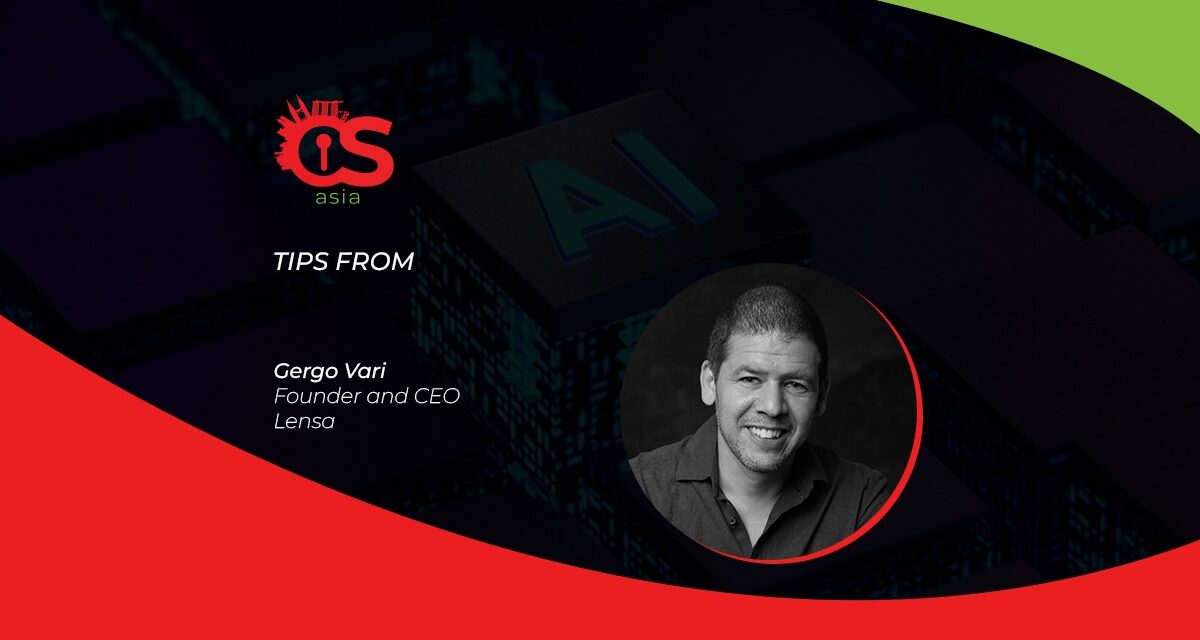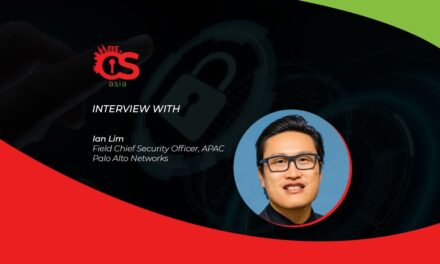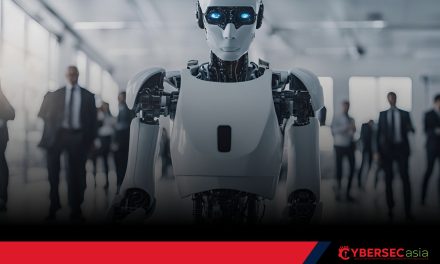Amid global skills and talent shortages, matching the right AI/cyber experts with the most suitable jobs may require unhuman, unbiased intelligence
Since AI now plays a prominent role in data and network security, it is now imperative that cybersecurity professionals be well-versed in this tool.
AI fluency consists of understanding AI, what it can do, and how, as well as demonstrating strategic thinking on AI applications and their development.
So, when it comes to recruiting top talent in the field of cybersecurity, organizations now have to add the requirement “expert in AI” to the already long list of skills of job applicants.
Hiring AI talent in an evolving landscape
As the world’s use of AI evolves, recruiters and HR managers will be continually shifting their focus when hunting for cybersecurity professionals.
For example, the role and impact of AI on data collection/privacy is being scrutinized globally to facilitate tighter governance and cyber resilience. This means that candidates for cybersecurity jobs will have to demonstrate strong experience in complying with the relevant legislations.
The situation is complicated by the fact that advancements in AI come about more quickly than lawmakers can act. Legislation is always (and will most likely continue to be) a few steps behind AI technology.

Using AI to ease AI talent recruitment
In 2023, some countries (notably the US and the UK) are experiencing a labor shortage. Other countries (notably Japan, India, and Brazil) are experiencing a (cyber) skills shortage.
Fortunately, technological tools are already available (namely AI and machine learning algorithms) to assist HR managers with the hiring process. AI saves time by automating menial, time-consuming tasks.
These tasks include, but are not limited to:
- screening applicants
- sending out confirmation emails, rejection letters, or invitations for interviews
- conducting skill assessments
- analyzing millions of job offers and CVs to match ideal candidates with ideal jobs
- allowing hiring managers to be more specific in the criteria for selecting candidates
The improved matches generated by AI in recruitment have already translated into hundreds of thousands of cybersecurity professionals finding jobs they are neither over- nor under-qualified for, and with firms that meet their specific career preferences.
Boosting diversity with AI
In the cybersecurity industry, only about 24% of professionals are women. This disparity is significantly higher than in other industries.
The good news is that AI can be a helpful tool in the fight for more diversity in the workplace. Recruiters, whether intentionally or unintentionally, are all susceptible to biases. This means that they are susceptible to taking into account irrelevant information when making a hiring decision. Such human biases may lead to women and minority workers not getting access to as many opportunities as other groups of people.
With properly audited bias-proof AI algorithms, HR professionals can be empowered to make data-driven decisions not corrupted by irrelevant personal prejudices. As more HR departments use AI in their recruitment processes, we can expect to see more diversity in the cybersecurity field.

















